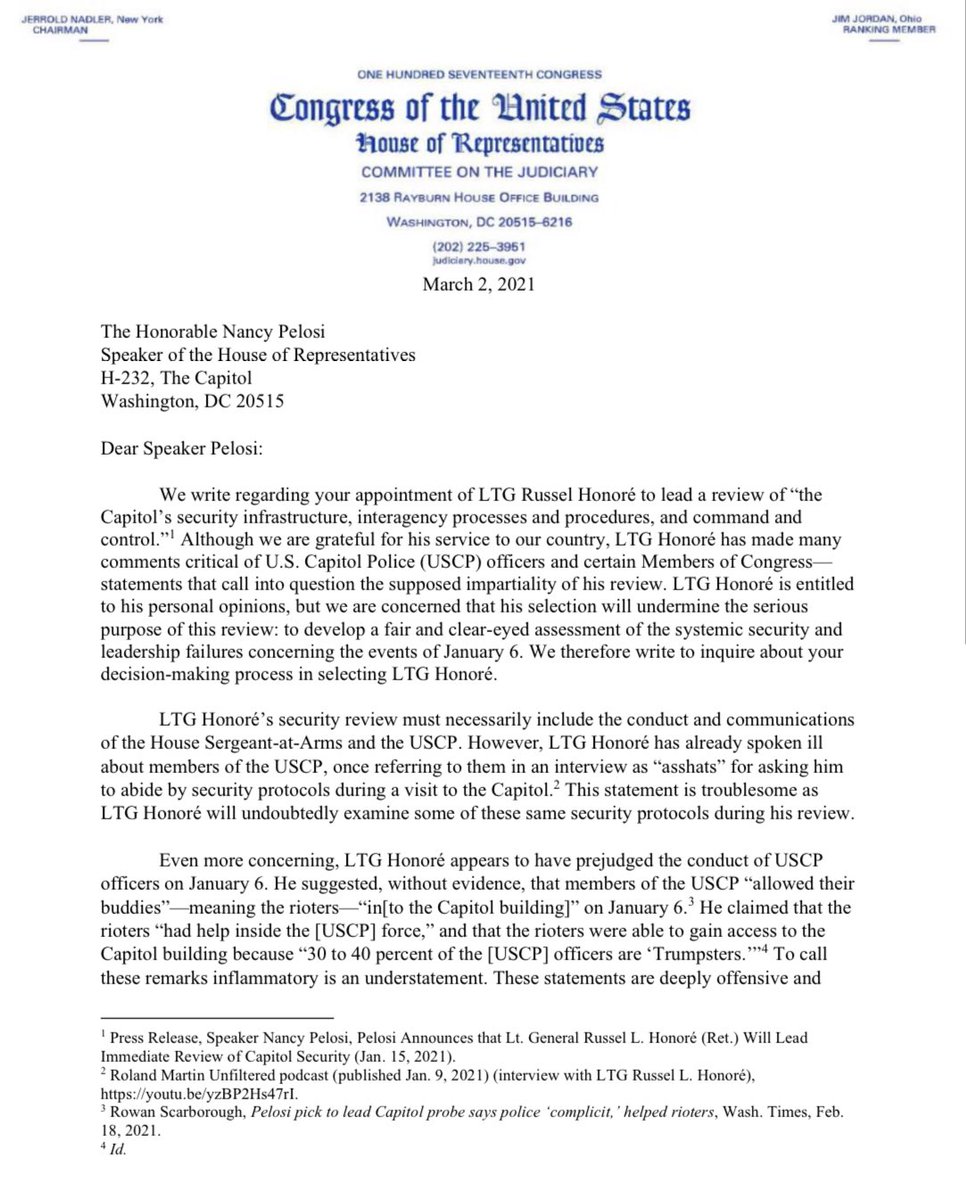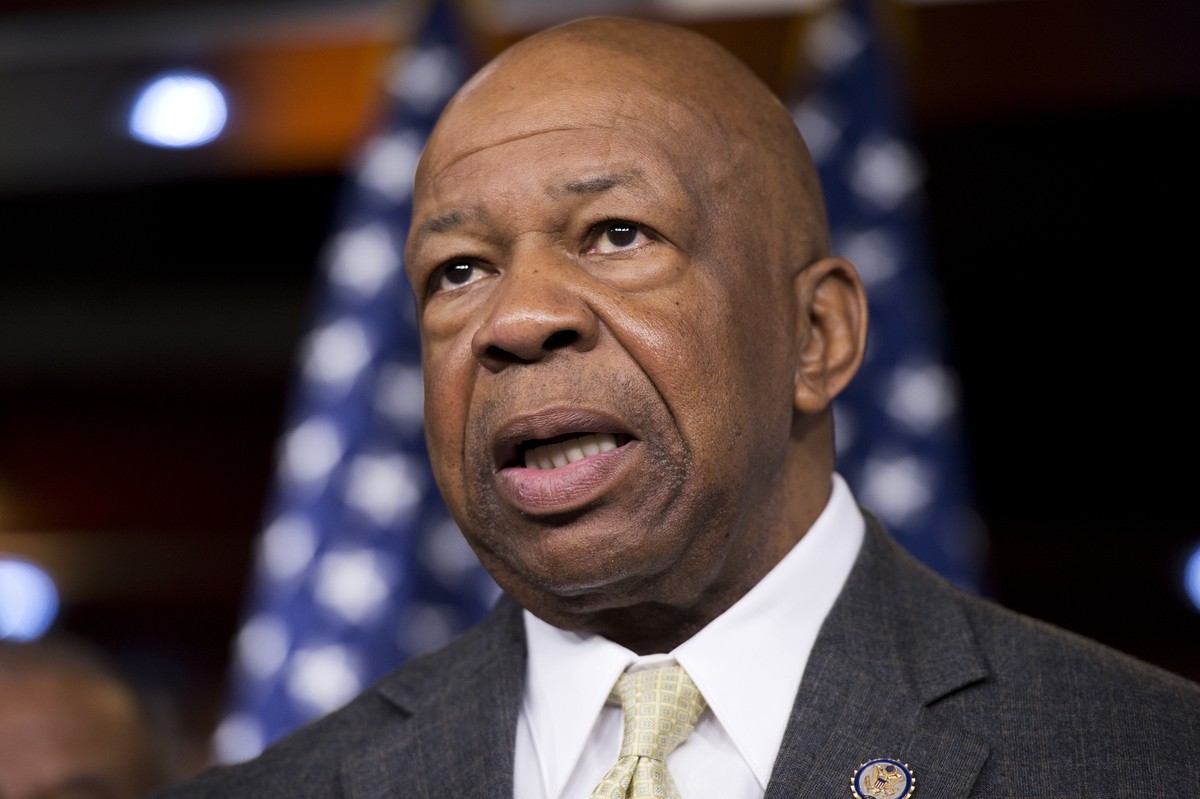

Bernie Sanders (I-Vt.) and Elizabeth Warren (D-Mass.) set the terms of debate in a crowded field of candidates last night, defending their progressive brand of politics against attacks from low-polling moderates.
JIM JORDAN TWITTER ELIJAH CUMMINGS DRIVERS
“And if we can’t hold the line on discretionary, how are we going to tackle the really long-term drivers of the debt, which are making sure Social Security and Medicare are solvent long term?” Jack Fitzpatrick has more as lawmakers prepare to bid goodbye to sequestration.Ī protester outside the Department of Labor in 2013. “The bigger concern and the bigger issue is we have to be able to control spending,” Jordan said last week. Jim Jordan (R-Ohio), a cofounder of the House Freedom Caucus, offered a muted response to the end of the spending limits, saying they didn’t actually force lawmakers to take a more disciplined approach to appropriations.

Lindsey Graham (R-S.C.), chairman of the Senate Appropriations State-Foreign Operations Subcommittee, said last week.Įven Rep. “Sequestration made us weaker militarily, it put our nation at risk, it was not fair to our troops, it was ill-conceived, it didn’t do a damn thing to help the debt,” Sen.

In a troubled world, I think that was the wrong message.”ĭemocrats and military-focused Republicans describe sequestration as a bad idea from the start, while the most fiscally conservative lawmakers describe it as a fine idea that didn’t ultimately didn’t work. “The uncertainty was dooming us to drastic cuts to defense among other things. “It’s a burden off our shoulders,” Senate Appropriations Chairman Richard Shelby (R-Ala.) told reporters last week. That’s welcome news for most lawmakers, as both Republicans and Democrats have described the spending levels set in the Budget Control Act ( Public Law 112-25) as arbitrary, damaging, and a blunt ax hanging over the budget and appropriations process. 3877) would indefinitely end the threat of sequestration by raising spending caps through fiscal 2021, the final year they’re in effect. Senators are set to vote as early as today on a budget caps bill that would avoid billions in spending cuts, but to many lawmakers, that’s not the most important part of the deal.


 0 kommentar(er)
0 kommentar(er)
